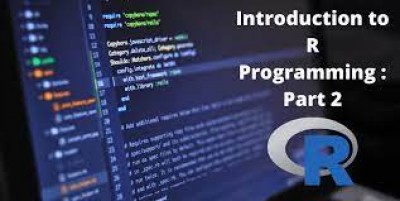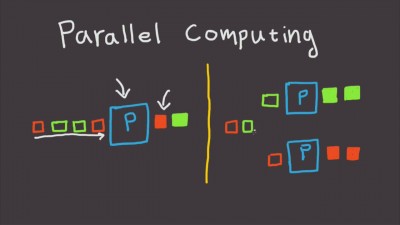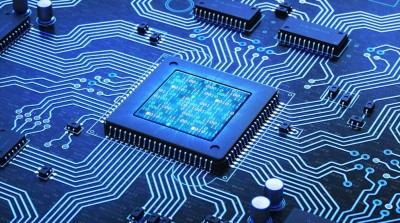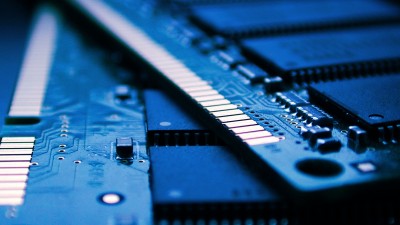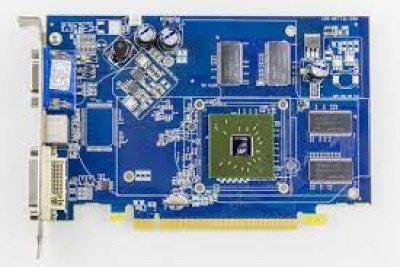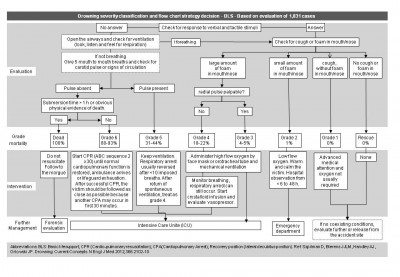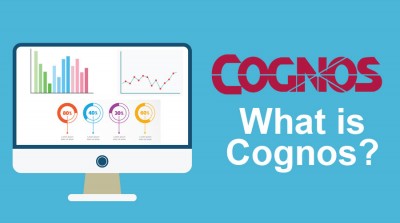Computer Science II: Programming Abstractions
Overview Contents: Introduction to Computer Science Series at Stanford - Similarity between C++ & Java:syntax - variable types - operators - control structures-C++ Libraries - Standard Libraries - C++ Console I/O-Client Use of Templates - More Containers - Seeing Functions as Data: Specific Plot Functions - Common Mistakes Stumbled Upon -Thinking Recursively -Refresh: Permute Code - Backtracking Pseudocode
English
Last updated
Fri, 24-Jun-2022









